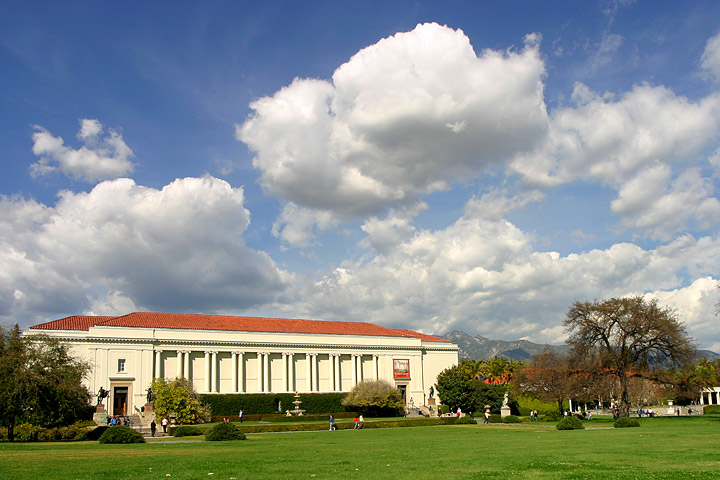OI Books: Our Changing Expectations of Scholarship
Today’s post is part of our series marking the 75th anniversary of the Omohundro Institute by exploring the OI books that have had an impact on a scholar’s life. When I arrived at Johns Hopkins University in September 1992 to begin my graduate studies in history, my first meeting with my supervisor, Jack Greene, concluded with his recommendation that I head for the campus bookstore and purchase a copy of Richard S. Dunn’s Sugar and Slaves. As other members of the “Big Greene Team” will recall, Jack’s reading lists for his seminar and for comprehensive exams in colonial British American history were immensely long, and included both the most recent works of scholarship and those which had been classics when he had started his doctoral studies. But for me, coming into grad school with a strong interest in but remarkably little knowledge of the history and historiography of the English West Indies, it was Dunn’s monograph which he believed would be the ideal starting point. Read More
